Our friend and very talented coffee producer David Ngibuini at Maguta Estate in Kenya has started making his own biochar from the resources available after coffee harvesting and production. Biochar is a wonderful product for the soils and for the atmosphere, so we wanted to hear more about how David makes it, uses it, and learn how it has impacted the coffee production in his local area.
Firstly, what is biochar? Biochar is a carbon-rich charcoal that can be added to compost for fertilising and conditioning soils. Not only can biochar be added to the soil for the benefit of the soils’ structure, but it is also used to sequester carbon out of the Earth’s atmosphere, trapping it in the soil for millennia. This makes biochar a great option for converting organic waste into a greenhouse suppressor to help better the world we live in. Such an impactful product is worth investigating in agriculture where possible, and so we asked David a few questions to share his experience with trialling home-made biochar.
How do you make your biochar?
We use the old stems and branches that we cut off from the coffee bushes when we want to prune to rejuvenate the vigour of the coffee trees.
How do you use it, and how often do you use it?
Initially, we would sprinkle it around the trees as we were looking to neutralise the soil and retain water after every end of the season which is usually dry.
This year we are planning to mix it with some organic matter from our farm (manure) and a bioproduct of sugar, molasses, as we are looking to add more sulphur, carbon and maintain water retention as it has been very dry this year.
We use it once a year because we prune the old coffee trees every year after main crop season and apply to the pruned section. We have divided the farm into 5 sections, so we have a cycle of 5 years which translates to having biochar every year.
What effects does it have on your trees and cherries?
I have noticed that the trees especially maintain their green colour even during the dry season. They look healthy all year round.
Any differences or improvements you have noticed by utilising biochar?
I’ve noticed that the sections we use biochar are healthier and have minimal flower abortion (meaning the flowers fall without producing seeds or fruit) after flowering if its dry, which has been the case for the last 2 years. This means that we realise higher crops proportional to our inputs.
David and his team have been using biochar for a long time without even realising that this is what they were making. Initially, the idea was to reduce the waste of organic materials at the farms and add a charcoal to the soils for water retention. It was much later that they realised what they were doing highly resembled biochar and learnt about its numerous benefits. We are pleased to hear that David and the team at Maguta Estate are finding success in this process and look forward to hearing about the future improvements they see in their soils and their cherries with every year’s harvest.
We acknowledge the Traditional Owners of the land on which we work, the Ngunnawal people. We pay our respects to elders past, present and emerging.
